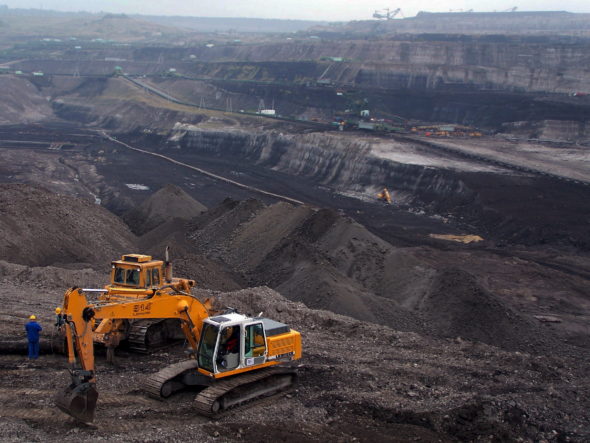What goes on in Poland on the 25th of May.
A preliminary agreement between Poland and Czechia on the future of the Turów Mine
At 2 AM, Prime Minister Mateusz Morawiecki announced that Poland was close to an agreement with Czechia on the future of the Turów mine. “We are already very close to an agreement,” he informed. He said that as a result Czechia agreed to withdraw its complaint against Poland to the ECJ. The cost of investments co-financed by the Polish side will amount to EUR 45 million.
During the first day of the May European Council, Mateusz Morawiecki, the Prime Minister of the Republic of Poland said that he had talked with his Czech counterpart Andrej Babis. At the working level, the teams also talked about what can be achieved. „We will try to show good will, but to the extent that will enable us to continue the mine’s work,” the Polish Prime Minister said in a short statement. At the same time, the dialogue of both sides has been intensified. The governor of the Liberec voivodeship, Martin Půta, the Marshal of the Lower Silesia voivodeship, Cezary Przybylski, the Deputy Minister of the Environment of the Czech Republic, Vladislav Smrž, and the Deputy Minster of State Assets, Artur Soboń, discussed a possible agreement during yesterday’s meeting of the working team at the Liberec Voivodeship Office.
Gowin: Situation in onshore wind energy in Poland has changed since 2016
„In 2016, the development of onshore wind energy was not completely halted after the entry into force of the Distance Act, but a lot has changed. In the years 2014-2016, there was a rapid increase in new wind projects, often they were created disregarding the interests of local communities. Energy prices were very high – from PLN 450 to 550 per megawatt hour. In addition, the projects, often fictitious, blocked the possibility of developing RES by reserving connection capacity conditions,” Jarosław Gowin, Minister of Development, Labor and Technology said during the EEC Online conference.
„Technology has changed since then. Wind farm technologies have been significantly developed, their costs have dropped, and the environmental impact has decreased. Secondly, the wind industry itself has recognized that it is in its best interest to adopt a code of good practice describing the right conduct in the development process. Thirdly, the introduced legislative changes made it possible to deal with the issue of power reservation in the system. Fourth, the analysis of specific cases showed that there are various local conditions, indicating the need and the possibility of changing the general rules. Finally, there is a surge in wholesale energy prices. This is a burden for the Polish industry, and considering the falling cost of wind energy, I believe that planning further development of onshore wind energy is a must. The difficult task will be to make this project more attractive to investors, because, as we know, the circles of opponents of wind energy development are very active. I am counting the supporters of the solutions I have planned will take similar action,” Gowin emphasized.









